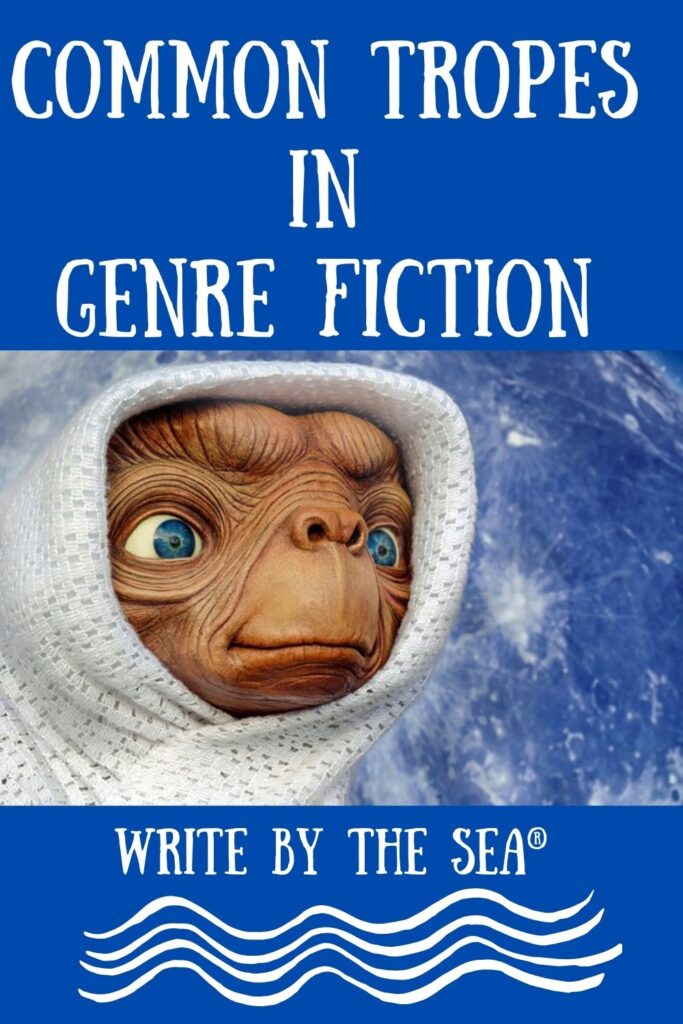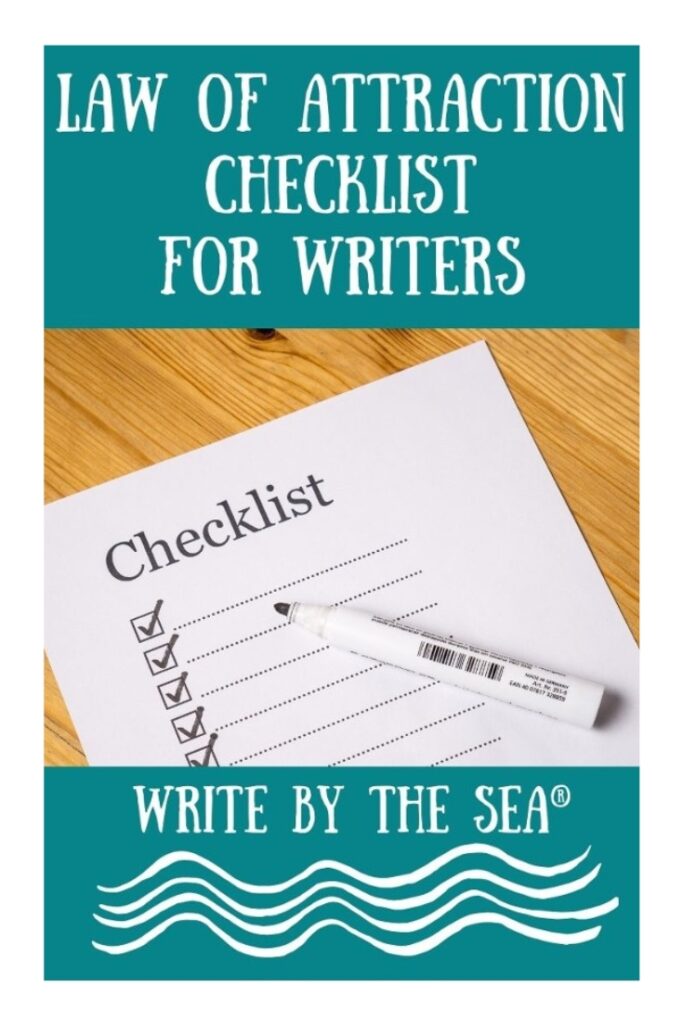
Maybe you’ve heard the term “trope” before but aren’t clear about what a trope is.
So, what is a trope?
Well, in fiction, a “trope” refers to a common theme, motif, or device that is recognizable and frequently used within a particular genre or across various genres.
Tropes are established patterns or conventions that audiences can quickly identify and understand, often helping to set expectations or convey specific ideas.
While they can sometimes be seen as clichés if overused, tropes are also essential storytelling tools that can provide structure and familiarity, allowing writers to build upon or subvert these elements to create fresh and engaging stories.
Here are some common tropes across different genres, along with explanations:
Genre: Fantasy
Trope #1. The Chosen One
A character, often a young and seemingly ordinary person, destined to save the world or achieve great things.
Examples include Harry Potter and Frodo Baggins.
Trope #2. Magic System
A set of rules that govern how magic works in the world.
It can range from soft magic (vague and mysterious) to hard magic (well-defined and structured).
Trope #3. Epic Quest
A grand adventure, often involving a journey to achieve a significant goal, like destroying a powerful artifact or saving the realm.
Trope #4. Ancient Prophecy
A foretelling of future events that usually plays a crucial role in the storyline.
Characters often strive to fulfill or prevent the prophecy.
Genre: Science Fiction
Trope #1. Space Travel
The exploration and travel through outer space, often involving advanced technology like faster-than-light travel or starships.
Trope #2. AI and Robots
Artificial intelligence and robots play significant roles, raising questions about consciousness, morality, and the future of humanity.
Trope #3. Dystopian Society
A depiction of a future world that is grim and oppressive, often highlighting the consequences of political or technological trends.
Trope #4. Alien Encounters
Interaction with extraterrestrial life forms, which can range from hostile invasions to peaceful coexistence and collaboration.
Genre: Mystery
Trope #1. Whodunit
A classic mystery structure where the identity of the perpetrator is unknown until the climax of the story.
The reader follows the detective’s investigation.
Trope #2. Red Herrings
Red herrings are both a trope and an element in mysteries.
As a trope, they are a widely recognized and commonly used device within the mystery genre, designed to mislead readers or characters and divert their attention away from the actual solution or perpetrator.
As an element, they serve the functional purpose of adding complexity, suspense, and intrigue to the plot by introducing false clues or misleading information that complicates the investigation.
Thus, red herrings play a significant role in shaping the narrative structure and maintaining the suspense that is crucial to mystery stories.
Trope #3. Locked Room Mystery
A crime (often a murder) committed under seemingly impossible circumstances, typically in a confined space with no apparent exit for the culprit.
Trope #4. Amateur Sleuth
An ordinary person, often with no formal training in investigation, who solves crimes through wit, intuition, and determination.
Genre: Romance
Trope #1. Enemies to Lovers
Characters who start off with intense dislike or rivalry but gradually fall in love through their interactions and shared experiences.
Trope #2. Love Triangle
A romantic relationship involving three people, creating tension and conflict as one person must choose between two potential partners.
Trope #3. Forbidden Love
A romance that faces significant obstacles or disapproval from society, family, or circumstances, making the relationship challenging.
Trope #4. Second Chance Romance
A story where former lovers reunite and rekindle their romance, often after overcoming past misunderstandings or personal growth.
Genre: Horror
Trope #1. The Final Girl
The last surviving character, usually a female, who confronts the antagonist and often defeats them, embodying resilience and courage.
Trope #2. Haunted House
A setting where supernatural occurrences and malevolent spirits create fear and danger for the characters.
It often holds a dark history.
Trope #3. Body Horror
Focuses on the grotesque transformation or mutilation of the human body, evoking fear through physical distortion and suffering.
Trope #4. Psychological Horror
Emphasizes the mental and emotional states of the characters, creating fear through paranoia, madness, and unseen threats.
Genre: Thriller
Trope #1. Race Against Time
Characters must accomplish a critical task within a limited timeframe, heightening tension and urgency.
Trope #2. Conspiracy
A plot where characters uncover a secret and often malevolent plan orchestrated by powerful organizations or individuals.
Trope #3. Unreliable Narrator
A narrator whose credibility is compromised, creating suspense as the reader questions the truth of the narrative.
Trope #4. High Stakes
The protagonist’s actions have significant consequences, often involving danger to lives, nations, or the world, making the outcome crucial.
These tropes help establish expectations and provide a framework for storytelling within each genre.
As a writer, you can play with these elements, either adhering to or subverting them, to create engaging and memorable stories.
Now, before you go, if you haven’t subscribed to The Morning Nudge, be sure to do that now, so you get our Law of Attraction Checklist for Writers and free access to our Private Resource Library for Writers, as well as a short email every weekday morning to help you manifest your writing dreams!



This is very heipful! I’ve always been a little foggy about tropes and this article explains them perfectly 😊
Hey,
Glad you found it helpful. Let me know if there are other topics – fiction or nonfiction – that you would like to see covered at writebythesea.
Suzanne
does this ever have any Trope for Memoir writers
Hey,
What a good question. Yes, there are many tropes for memoirs. Look for a post about this next week. Thanks for your question.
Suzanne